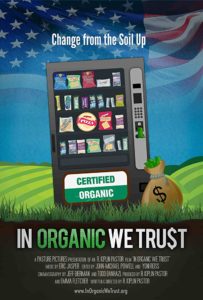 Featuring Gabriel, a former Migrant Farm Worker and now an organizer with the collective Justice for Migrant Workers.
Featuring Gabriel, a former Migrant Farm Worker and now an organizer with the collective Justice for Migrant Workers.
Justicia for Migrant Workers (J4MW) is a volunteer run political non-profit collective comprised of activists from diverse walks of life (including labour activists, educators, researchers, students and youth of colour) based in Toronto, Ontario, and now in Vancouver, British Columbia, Canada. We are engaged in this work alongside our personal commitments and numerous social justice struggles.
J4MW strives to promote the rights of migrant farmworkers (participating in the Canadian Seasonal Agricultural Workers Program and the Low Skilled Workers Program) and farmworkers without status. Promoting workers rights entails fighting for spaces where workers themselves can articulate their concerns without loosing their work or being repratriated. We start with workers’ knowledge and concerns and and collectively devise strategies to make necessary changes. We see ourselves as allies and strive for a movement that is led and directed by workers themselves.
Our work is and has to be transnational in scope. It considers the context of sending countries, Canada’s complicity in benefitting and creating poverty in the Global South, and most importantly we consider families left behind, primarily children and women who are very much a part of migration but who are always forgotten in the equation of migrant farm labour.
J4MW collective is is motivated by experiences shared and lessons learned from migrant farm workers over the course of more than nine years of community outreach in rural Ontario. As allies, activists and friends we believe migrant workers deserve work with dignity and respect!
For more information about J4MW: https://harvestingfreedom.org/
 Adrianne Lickers Xavier’s Bio
Adrianne Lickers Xavier’s Bio Jean-François Parent’s Bio
Jean-François Parent’s Bio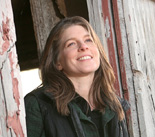 Moe Garahan, Executive Director Just Food
Moe Garahan, Executive Director Just Food Peter Andrée’s Bio
Peter Andrée’s Bio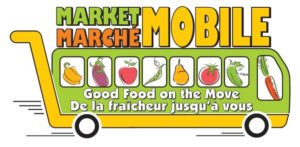 dore Bisserbe is the Market Mobile Project Office with the Rideau Rockcliffe Community Resource Centre. He’ll share with us all about Ottawa’s non-profit social enterprise that brings fresh, affordable and culturally appropriate foods to Ottawa neighbourhoods. We’ll also have a chance to tour their warehouse and the Market Mobile trailer.
dore Bisserbe is the Market Mobile Project Office with the Rideau Rockcliffe Community Resource Centre. He’ll share with us all about Ottawa’s non-profit social enterprise that brings fresh, affordable and culturally appropriate foods to Ottawa neighbourhoods. We’ll also have a chance to tour their warehouse and the Market Mobile trailer. Stuart Oke’s Bio
Stuart Oke’s Bio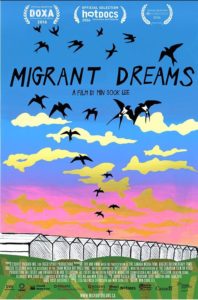
 Featuring Gabriel, a former Migrant Farm Worker and now an organizer with the collective Justice for Migrant Workers.
Featuring Gabriel, a former Migrant Farm Worker and now an organizer with the collective Justice for Migrant Workers.
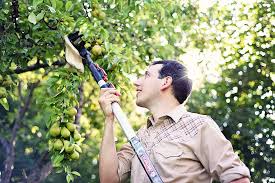 Jay Garlough
Jay Garlough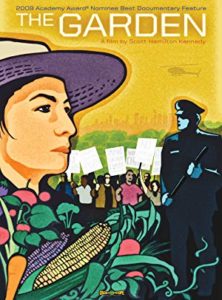 deal, the city of Los Angeles sold the space back to the develope
deal, the city of Los Angeles sold the space back to the develope
